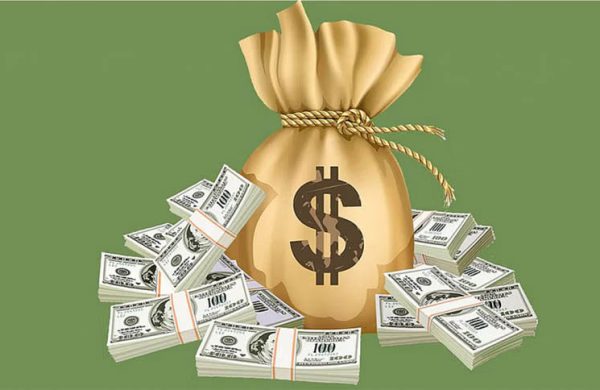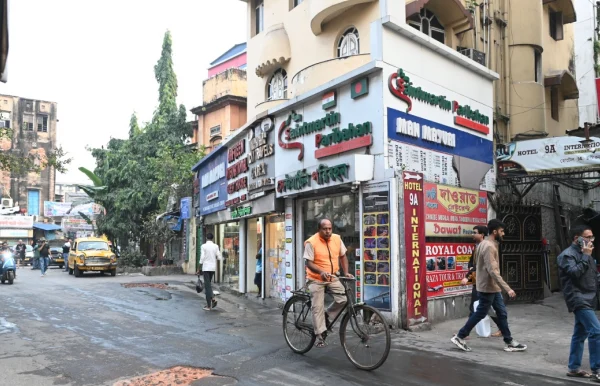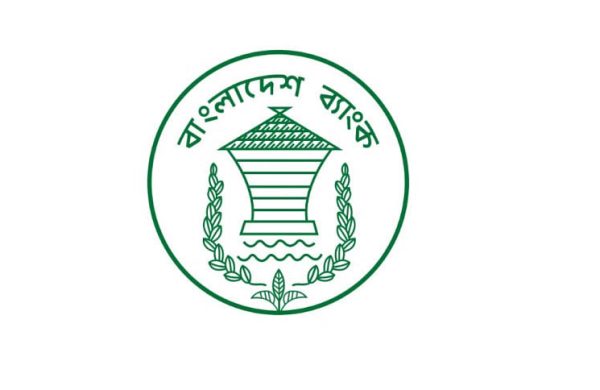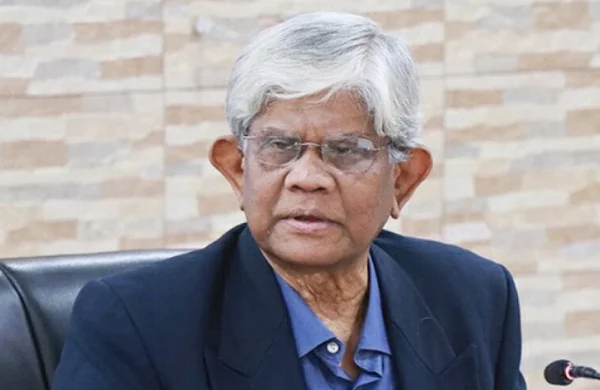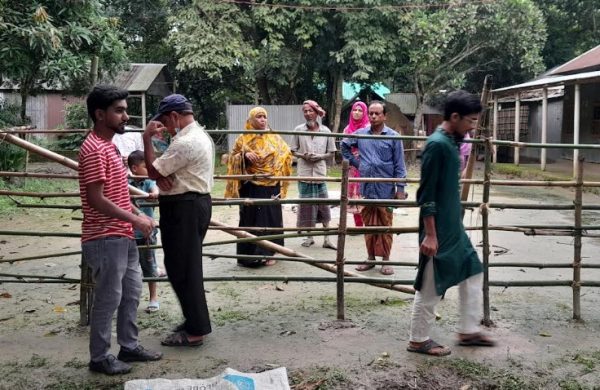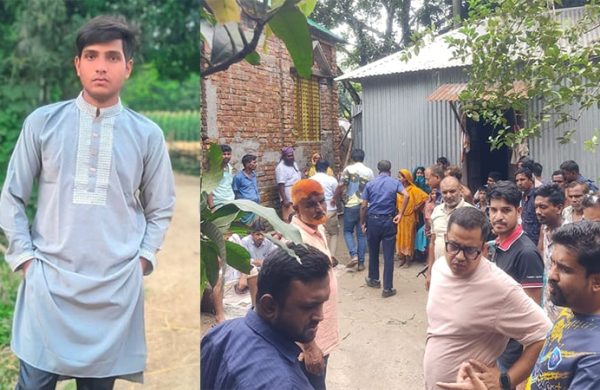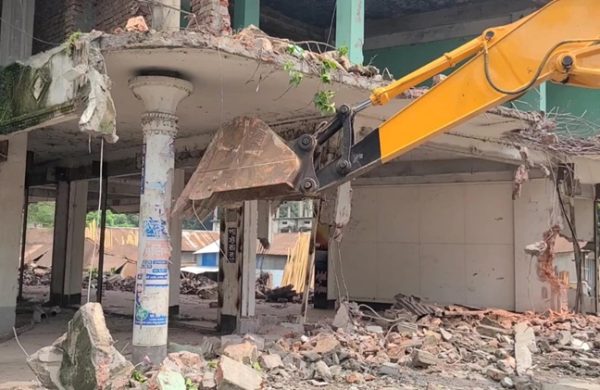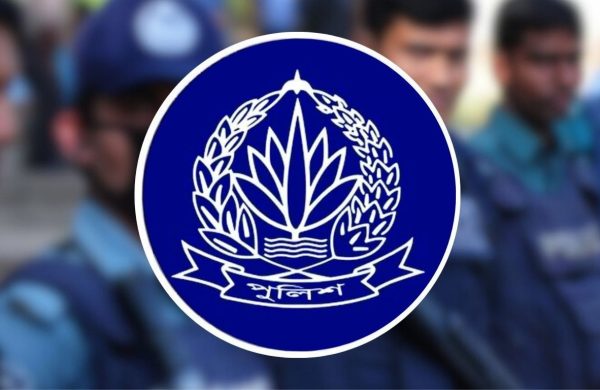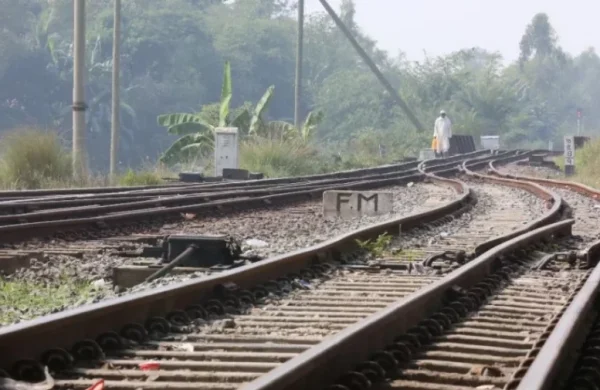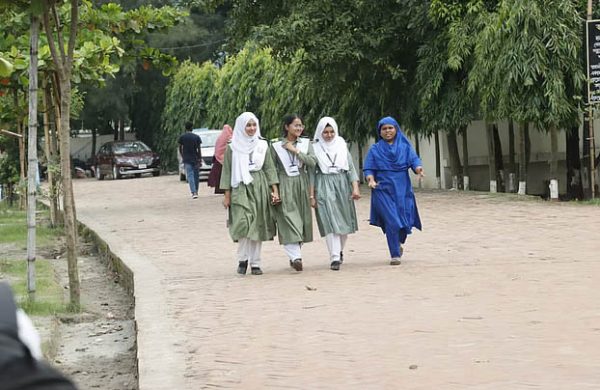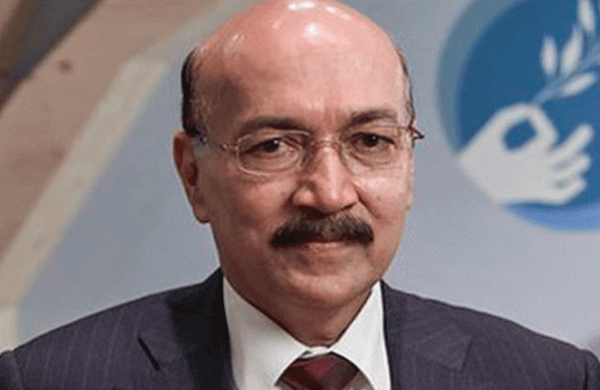Revenue board needs 35pc more collection
- Update Time : Wednesday, August 6, 2025
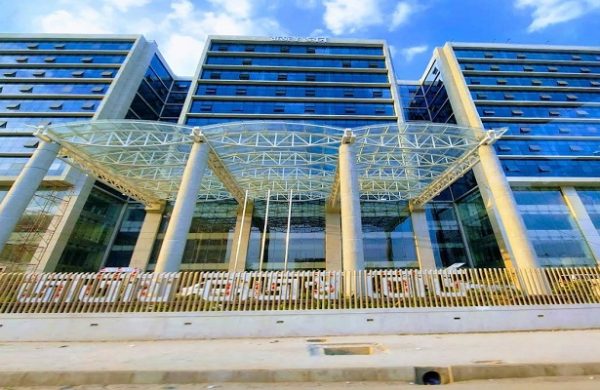
TDS Desk:
The National Board of Revenue (NBR) will have to collect nearly 35 per cent higher revenue in the current fiscal year than FY25 to achieve its target.
The income tax wing has to collect 43 per cent more tax than the previous fiscal year.
With actual tax receipts hitting a record low in FY25, the mobilisation targets for FY26 for all three NBR wings have been raised by 29 per cent to 43 per cent.
Analysing the NBR data, has found the income tax target has been set at 42.63 per cent higher, followed by VAT at 30.49 per cent and customs duty at 29 per cent.
The calculation was done on the basis of actual tax, VAT, and customs duty collection in FY25.
The aggregate tax revenue collection growth has to be around 35 per cent to meet the FY26 target of Tk 4.99 trillion.
The collection was Tk 3.70 trillion in FY25.
Economists warn that such high targets may place undue pressure on taxpayers as revenue officials are likely to pursue collections aggressively.
Dr Fahmida Khatun, executive director of the Centre for Policy Dialogue (CPD), called the targets “unachievable under the current economic conditions.”
In FY25, the overall revenue collection growth was just 2.23 per cent, one of the lowest in NBR’s history, after months of political instability.
In the final month of the fiscal year, collection plunged 37.6 per cent below the monthly target, and June alone saw a 19 per cent year-on-year decline.
When asked whether this weak performance would strain the broader economy, Finance Adviser Dr Salehuddin Ahmed pointed out that the national budget has been framed conservatively with lower expenditure plans to accommodate the revenue shortfall.
The Ministry of Finance data says public spending may decline to 12.7 per cent of the gross domestic product (GDP) in FY26.
The development budget for the current fiscal year has been set at the lowest amount in four years.
“Normally, we collect two to three times more tax in the closing month of a fiscal year,” said a senior NBR official on condition of anonymity.
“The FY25 shortfall is due to the unrest within the NBR, poor annual development programme (ADP) execution, stagnant investments, and a sluggish business environment.”
Dr Khatun said businesses are still awaiting stability, while rising production costs and eroded profitability have shrunk their capacity to pay higher taxes.
She also highlighted new challenges posed by US tariffs on Bangladeshi exports, which threaten the competitiveness of small and medium-sized industries.
“Despite promises, we have yet to see meaningful institutional reforms at the NBR,” she noted, referring to the stalled ordinance separating tax policy from tax administration, originally scheduled for completion by July 31, 2025.
“Meanwhile, the existing taxpayers face increased harassment as officials push to meet the inflated targets.”


